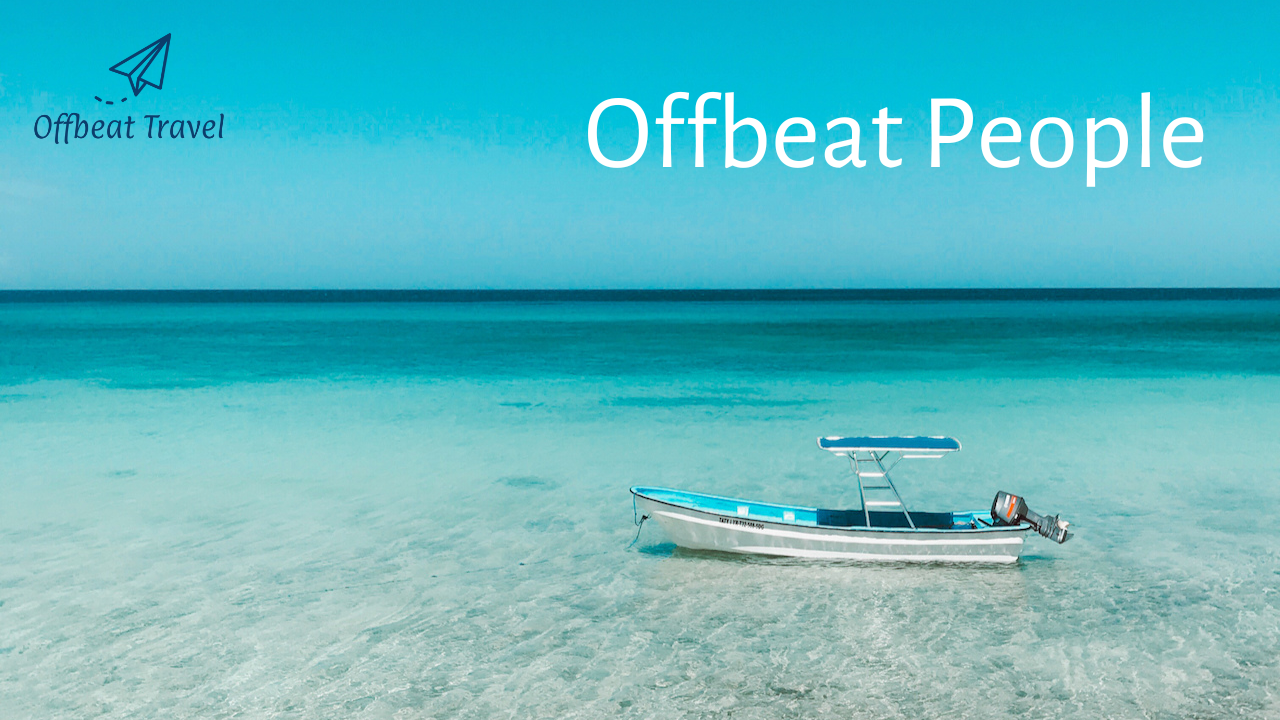Staff feature Felipe Hernandez
Name & Title: Felipe Hernandez, Costa Rica Director of Program Delivery.
Hometown: Guanacaste, Costa Rica
Years at Offbeat Travel: Proud to say since OB started.
What do you like to do in your free time?
Exploring new places and finding remote locations to disconnect. Driving on dirt roads
What is your favorite spot to travel to in your home country?
Hard to choose one, but Irazu Volcano NP, at the Prusia Forest, is beautiful to walk the trail while feeling the cool breeze. However, Guanacaste beaches are unique, if you see a pic of a Guanacaste beach and it looks beautiful and it is not even close to the beauty in person.
What is your favorite international destination?
I’ve been to a few countries, but I’ve been lucky enough to say that in every destination I visit, people and the views were amazing and made me want to travel and explore more.
What is the favorite aspect of your job at Offbeat Travel?
That I have room to propose, people who listen to new ideas and ways to doing things. Working with optimistic people challenges me to give an extra mile in what I do. I can not finish this answer without saying that this job allows me to achieve my passion in the environment and I can share with those close to me.
What sets Offbeat Travel apart from other places you have worked?
Definitely the people, my co-workers, even though we are from different backgrounds, careers and countries, we all share values and vision. We all want to create positive change in the places we work and the program we design, but we all start doing that inside OB first.
What do you like the most about working with students and teachers?
For sure learn new cultures, new ways to see the world and active listening. But by our programs we can teach about global issues, people can learn about the culture they are traveling to and be immersed in an authentic experience. All of this can be expressed in an honest smile, surprised face or tear when it is time to go. I feel very satisfied when I can see people being emotional because of the experience they are having.
Why is travel important to every education?
I’ve been teaching at college, and students listen and learn. However, if you ask them a month later, probably most of them have already forgotten. Now, when you travel you learn so much by being present and using all your senses, by doing that people can collect lasting memories and can be connected by a smell, colors, sound among others. Is like the first time you went to the sea, that smell can be impregnated to your memory and every time you detect that smell transport you to that specific memory. Traveling can have such a positive impact in people’s life because and if you travel at an early age people can develop a better understanding about life and different ways of life.
What is your favorite / most meaningful aspect of your culture that you like to expose travelers to?
In Costa Rica people are very warm and welcoming, however, another big aspect about Costa Ricans is the love and respect for nature. In Costa Rica we have around 26% of the country into protected areas (National Parks, Wild refuges among others), and we are proud of taking care of it and sharing that love with people who visit us. This is something that I am proud of and want to apply in everything I do.
What does decolonizing travel meant to you?
This is a wide concept to explain, nevertheless, by understanding the concept of something being “colonized”, at OB we use this term in a successful result to show how tourism can be done differently, positively, respectfully to locals, culture, environment among others. By decolonizing travel we ensure to take the time to understand, learn and apply new ways to design our program while we operate. It is important for me to say that we spend time creating spaces in the company to discuss what we all understand and embody about this meaning. And the beauty of this exercise was that we all express our feelings and understandings in a different way, and guess what? We all are correct, decolonizing travel takes different points of views, different backgrounds and different expertise to know that every time that we can stop, think and reflect on what we can do better will get us closer to the definition.


